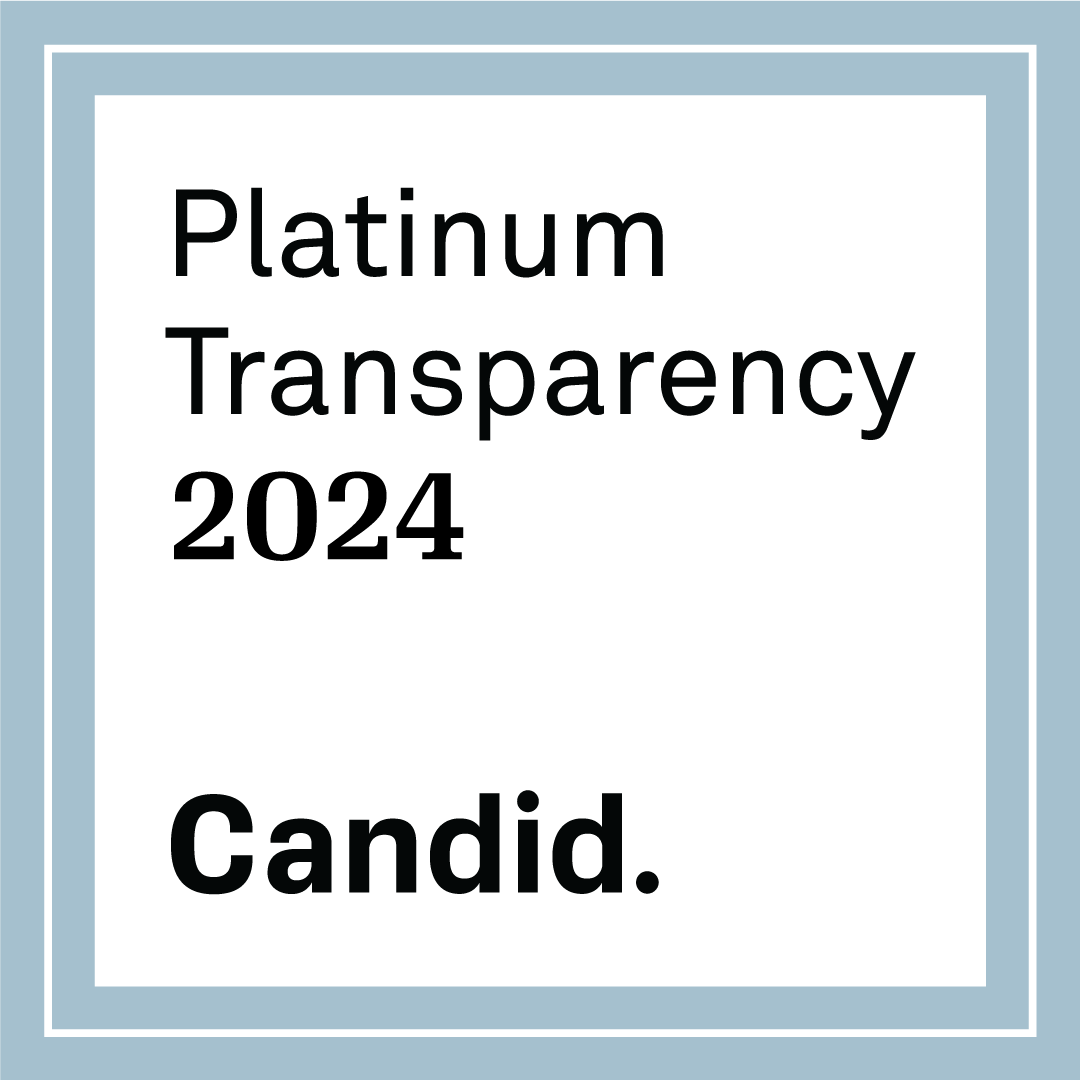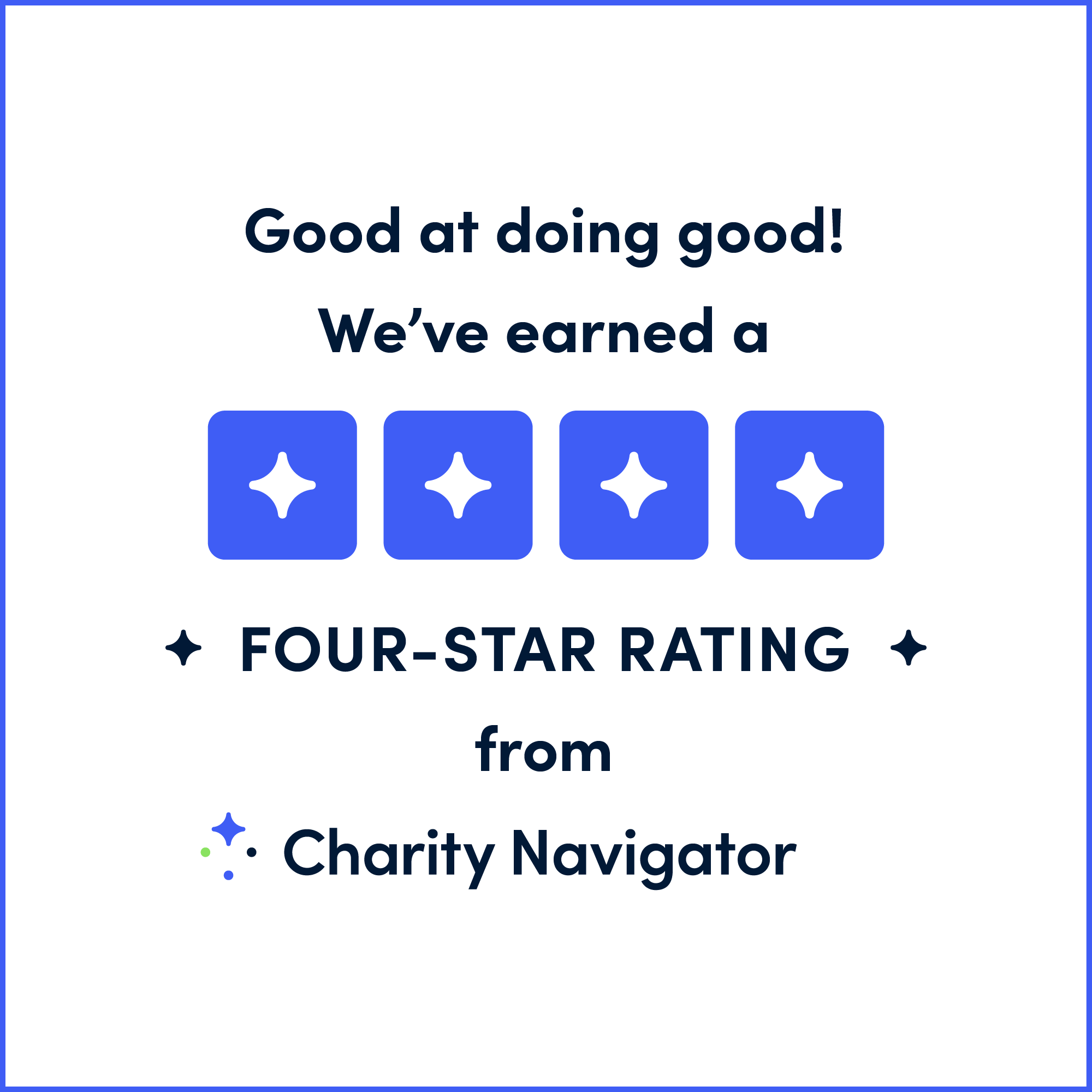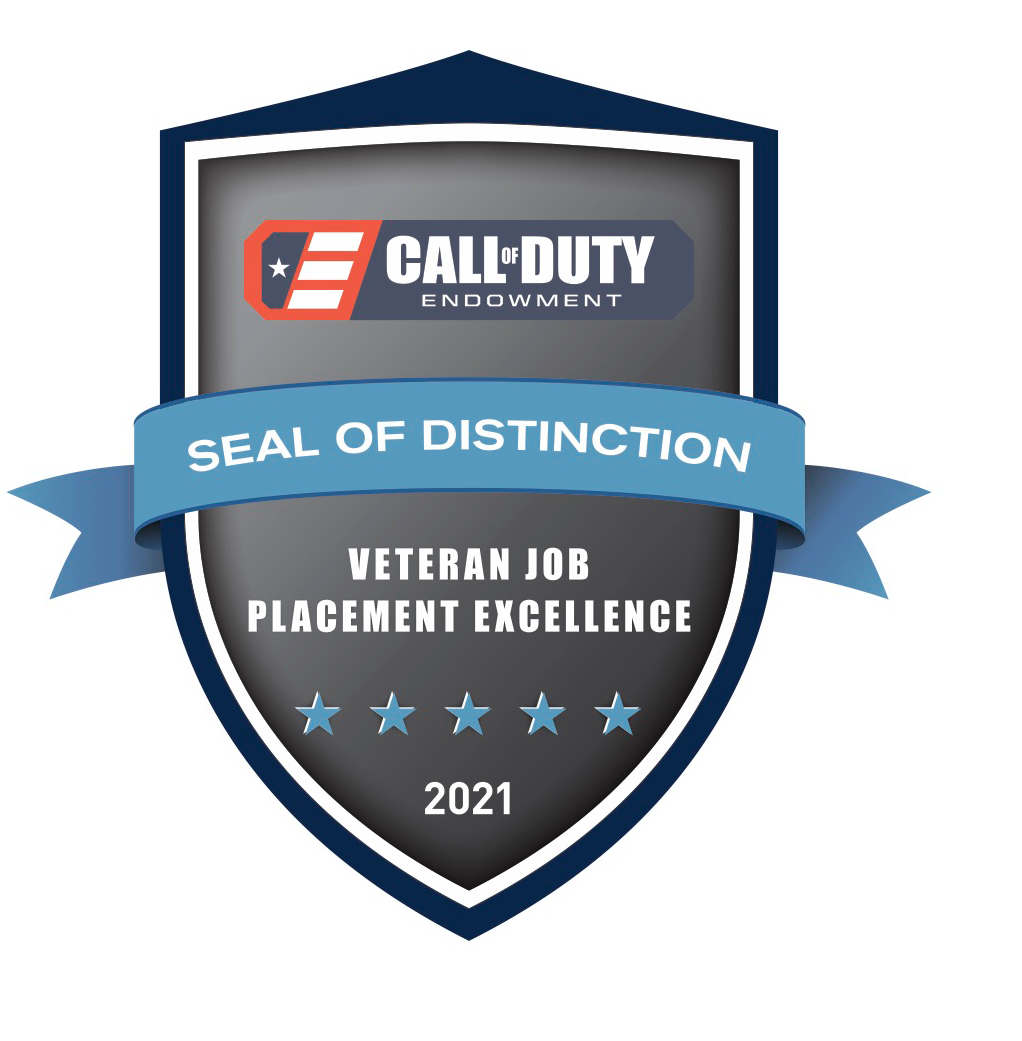ACP Featured in NASPD's Members Publication, Pipeline
They Helped Us All. Now it’s Our Turn to Help Them.
In 2007, the U.S. military deployed nearly 20,000 troops into Iraq and Afghanistan. The next year, Sidney Goodfriend, a former investment banker, founded American Corporate Partners (ACP), a nonprofit that provides career mentorships to veterans transitioning out of military service into the civilian workforce.
While many are familiar with the past decade’s nationwide push for veterans’ job placement, Goodfriend sought to address a more pervasive and long-lasting challenge for service-members. Goodfriend believes jobs placement provides a “band aid” solution to a systemic problem. To reach their full potential, veterans need help obtaining meaningful careers. “The majority of the people who come to us aren’t sure what careers are best for them,” says Goodfriend. “Our main objective is to find them long-term careers, not just jobs.”
For nearly a decade, ACP has helped over 11,000 veterans who say the mentoring program changed their lives. “Some people are looking for a broader understanding of what careers are available—what they might be most suited to do given their skills,” Goodfriend explains. “Some are looking for specific career guidance.” Each veteran receives a full year of one-on-one career assistance from a “mentor” who is hand-chosen by ACP staff members. The mentorships are customized to the individual needs of the veterans and serve to introduce them to industries in which they’re interested.
So how, exactly, does a small nonprofit with a team of just 40 help over 11,000 veterans? ACP relies on its 65+ partnering Fortune 500 Companies (Deloitte, Bloomberg, 21st Century Fox, and Raytheon, to name a few) who conduct annual company-wide recruiting efforts for mid-to-senior-level employees to serve as volunteer mentors. Each volunteer is then paired up with a veteran whose industry interest, location, or personality compliments their own. Mentors and their veteran “protégés” are asked to set aside at least one hour a month for career development conversations and are provided customized resources throughout the year by an ACP point person, who is tasked with monitoring and supporting the mentorship.
According to Krista Loven, an operations associate on staff: "Everyone at ACP interacts with the veterans. Each of us has a caseload of mentor/veteran protégé pairs that we support. That way, we all keep the mission top-of-mind, no matter the other assignments or projects we’re working on. It also helps us to be aware of the ways in which we can improve our program and better serve the people we help. We talk to them on a monthly basis and we survey them regularly too."
When asked what kind of support the staff offers to the veterans, Loven says: "It totally depends on the individual. It’s frequently a matter of helping the veterans think about how to create structure for their mentorship that will yield the best results at the end of the year. We might send them a spreadsheet for organizing monthly goals. We connect them to other veterans or mentors in our network that can broaden their horizons and help them get questions answered. Sometimes, it’s just a matter of reminding them to schedule a call with their mentor when they’re feeling busy or overwhelmed."
ACP also works to provide extra resources such as quarterly “orientation” conference calls for mentors and monthly conference call workshops for female veterans.
This past year, ACP conducted a survey of its veteran alumni from the 2015 and 2016 classes who had obtained employment during their mentorships. Of those surveyed, 80% were still happily employed in their first post-military jobs a year later, as opposed to the nation’s average of 56% still employed at their first post-military job one year after separation from service. ACP attributes this success to the highly individualized, personal approach to the mentorships, which helps veterans to identify their passions and approach them with strategy. When asked how Goodfriend chose mentoring as the model through which to help transitioning veterans, he says: “I found myself in my mid-40s after spending 25 years in investment banking, with the ability to retire and do something else. Part of my good fortune has come because of my mentors.”
In an effort to meet the growing demands of veteran participation in recent years, and to raise broader awareness about the mentoring model in general, ACP created a new initiative called the “Citizens Program,” which allows smaller companies and professionals not affiliated with corporate partners to become involved. With this increased diversity, ACP can now offer mentorships to veterans interested in fields such as real estate, manufacturing, small business, government and law enforcement, and public education. “We’re now able to incorporate mentors from almost every industry,” explains Tim Cochrane, ACP’s Citizens Program President and retired U.S. Marine. According to Cochrane: "We’ve seen a huge response in opening up our program to a more diversified workforce. I think people are drawn to mentoring veterans because they can see the direct impact their volunteer hours are making. Not only do they get to meet the individuals whose lives they’re changing, but they get to guide their growth for an extended period of time. It’s very personally rewarding."
The personal reward, however, is shared by both mentors and their protégés. Travis S. first came to ACP when he still had about 8 months left in his 9-year tenure with the US Army. He had a five-month-old daughter and was extremely unsure about his next career steps after transitioning. He was interested in logistics and operations, as well as management. Travis was paired with Bryan J., Manager of Automotive Structures at Constellium. Over the course of six months, Bryan helped Travis put together a resume, network with professionals in the manufacturing field, meet HR and hiring directors, run mock interviews, and identify possible positions in the workforce. Travis was recently offered a job in logistics at GE and is thrilled with the outcome of his mentorship. In recent feedback to ACP, Travis said: "Things are going great with Bryan! He has been incredibly helpful, and has provided great feedback on my resume and interview techniques, as well as created great networking opportunities for me. I am extremely grateful that I discovered ACP and I feel like I have already gained so much knowledge in just a few short months. So thank you for everything."
Beyond the personal fulfillment ACP participants gain from being part of the program, there’s another bonus for members of the workforce lending their time to help America’s veterans. Many industries and companies looking to drive seasoned talent to their recruiting offices are finding that veterans fit the bill for their hiring needs. Veterans have years of hands-on experience and training in a variety of industries, especially those that are struggling to attract the next generations of working Americans. ACP Mentors have the opportunity to not only screen individuals primed to work in their industry, but also help develop them over the course of a year.
As word-of-mouth brings an ever-increasing number of veteran protégés through ACP’s doors, the need for help is greater than ever. “Approximately 200,000 service-members transition out of the military every year,” says Goodfriend. “It takes a lot of people to satisfy that demand.” ACP seeks help in the form of volunteer mentors, funding, and corporate partnerships.
If you have interest in mentoring and/or sponsoring veterans, or introducing ACP to your company or organization for a discussion about partnership, you can email Tim Cochrane at tcochrane@acp-usa.org or call ACP’s New York City headquarters at 212-752-0700.
American Corporate Partners











